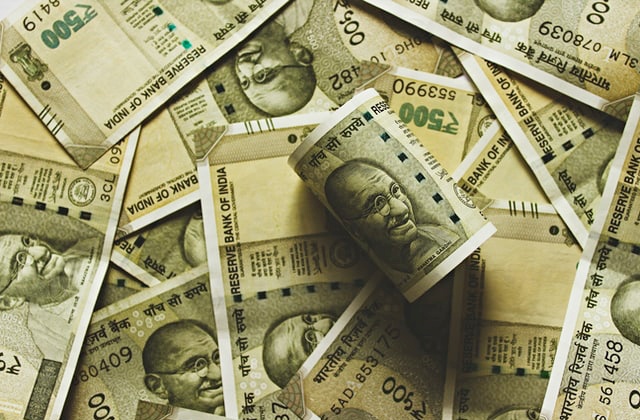India announced it would be launching a digital version of its own rupee currency. The country’s finance minister revealed on Tuesday, Feb. 1, that the release will happen in the next financial year of 2022-2023.
According to CNBC, the Reserve Bank of India is set to introduce the country’s digital currency in the said financial year, which is set to start in Apr. 1. Nirmala Sitharaman, an economist and currently serving as India’s Minister of Finance and Corporate Affairs, did not provide further details on how the digital currency will work or what it will look like.
However, she did mention that digital rupees are going to be introduced using blockchain and other technologies. The Reserve Bank of India (RBI), the land’s central bank, has also been working on a strategy for the implementation of the central bank digital currency (CBDC). At any rate, in case India goes ahead with its plans to have its own digital currency, it will become one of the largest economies in the world to bring in the CBDC.
“Introduction of a central bank digital currency will give a boost, a big boost to the digital economy,” the finance minister stated while publicly conveying the nation’s annual budget. “Digital currency will also lead to a more efficient and cheaper currency management system.”
While India is pushing to digitalize its local currency, it is also trying to take a stricter standpoint on cryptocurrencies such as bitcoin. In fact, it is currently working on regulations that it should impose, and Sitharaman revealed they might issue a 30% tax on income from the transfer or sale of digital assets.
The plan has been described as a move that will show more clarity to the regulatory and tax treatment of crypto. This is because there has been uncertainty about the legal status of the digital currencies in the country, as per Binance.
“There has been a phenomenal increase in transactions in virtual digital assets,” Sitharaman stated. “The magnitude and frequency of these transactions have made it imperative to provide for a specific tax regime.”



 SpaceX Prioritizes Moon Mission Before Mars as Starship Development Accelerates
SpaceX Prioritizes Moon Mission Before Mars as Starship Development Accelerates  SoftBank Shares Slide After Arm Earnings Miss Fuels Tech Stock Sell-Off
SoftBank Shares Slide After Arm Earnings Miss Fuels Tech Stock Sell-Off  American Airlines CEO to Meet Pilots Union Amid Storm Response and Financial Concerns
American Airlines CEO to Meet Pilots Union Amid Storm Response and Financial Concerns  CK Hutchison Launches Arbitration After Panama Court Revokes Canal Port Licences
CK Hutchison Launches Arbitration After Panama Court Revokes Canal Port Licences  Tencent Shares Slide After WeChat Restricts YuanBao AI Promotional Links
Tencent Shares Slide After WeChat Restricts YuanBao AI Promotional Links  Baidu Approves $5 Billion Share Buyback and Plans First-Ever Dividend in 2026
Baidu Approves $5 Billion Share Buyback and Plans First-Ever Dividend in 2026  Weight-Loss Drug Ads Take Over the Super Bowl as Pharma Embraces Direct-to-Consumer Marketing
Weight-Loss Drug Ads Take Over the Super Bowl as Pharma Embraces Direct-to-Consumer Marketing  Prudential Financial Reports Higher Q4 Profit on Strong Underwriting and Investment Gains
Prudential Financial Reports Higher Q4 Profit on Strong Underwriting and Investment Gains  FxWirePro- Major Crypto levels and bias summary
FxWirePro- Major Crypto levels and bias summary 































